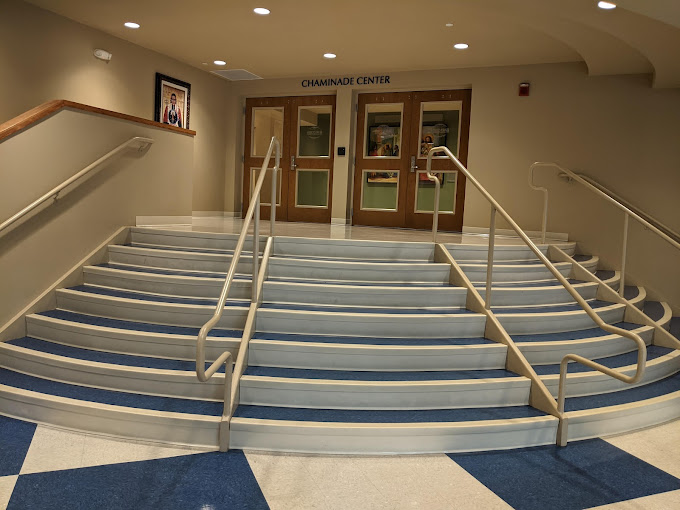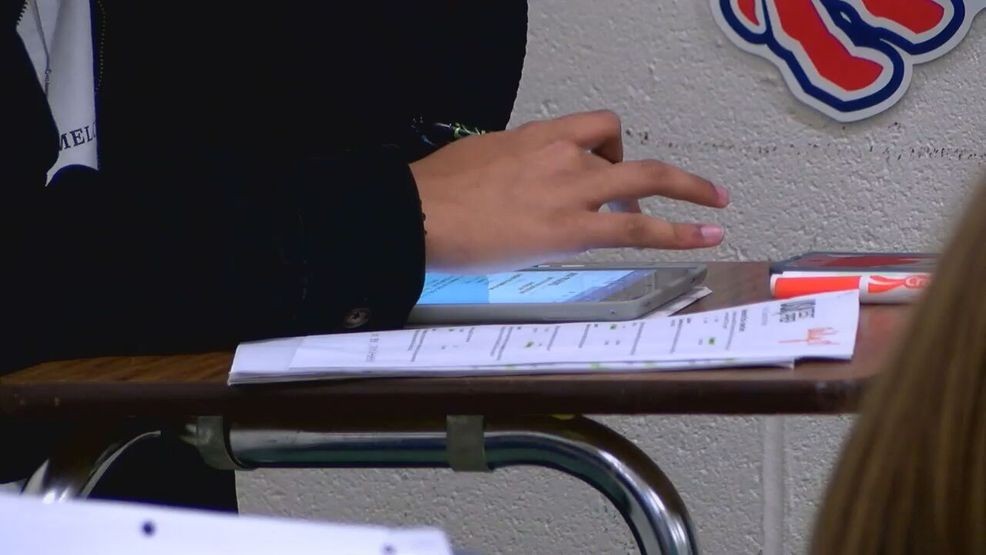The SAT has long stood as an inevitable part of all student’s college applications, but with the arrival of the new Virtual SAT and a tumultuous PSAT trial run here at MRHS, new concerns have been raised regarding the efficacy of a new format. Students are expressing a variety of opinions regarding preparation, scoring, and whether or not the test should be critical to college acceptance.
The new Virtual SAT, arriving in January of 2024, comes alongside a slew of new changes targeted towards reducing test times and streamlining the old format. Most prominently is the reduction of reading and writing portions to a singular passage based response section. In addition to this the test will now be adaptive, meaning that the difficulty of the questions will change in response to student input. Finally, the SAT will now be roughly an hour shorter, and take much less time to report scores back to students. Changes come with a multitude of pros and cons, and students caught in the transition are inevitably drawing comparison to the old pen and paper test.
Tyler Wu, a junior with a 500-day streak of studying at Khan Academy, has already taken the SAT with an impressive score of 1570. Despite his results in the SAT, he is contemplating taking the Virtual SAT in the future. What’s intriguing about Wu’s perspective is his belief that the SAT should be required and not optional and that the SAT serves as an essential benchmark for assessing academic capabilities. The pressure from his parents to perform well on the SAT and PSAT emphasizes the significance of these standardized assessments in his educational journey.
“They should require SAT because not submitting it could possibly lead the colleges into thinking you performed poorly,” Wu shared.
Sara Gajengi dedicates herself to studying with Khan Academy and using SAT practice books as she prepares for her junior PSAT and SAT. She believes the PSAT will help her get a good SAT score. However, Gajengi has concerns about the Virtual SAT, primarily due to its adaptive format, which she finds punishing if students perform well. She is determined to get into a good school and believes that including her SAT score on her applications will help her reach that goal. Gajengi emphasizes the value of standardized tests in college admissions.
“I don’t appreciate how the adaptiveness of the Virtual SAT punishes students for doing well. I would prefer it to be standardized,” Gajengi explained.
Matthew Baek, a 10th grader, takes a different approach to SAT preparation. He chooses private tutoring and believes in studying with friends to ensure readiness. While he may not have taken the PSAT seriously in the past, he acknowledges the need to approach it with a different mindset this year. Baek also has more critical insight on the Virtual SAT due to the fact that not very much is known about it and how to effectively prepare for it. However, he appreciates the speed and ease of grading it offers. The pressure from his parents to excel on the SAT is acknowledged by him, yet he believes in the SAT’s ability to assess academic capabilities.
“The SAT is a good benchmark to have for determining a student’s academic capabilities, even if they are intelligent in other ways,” Baek states.
While the Virtual SAT undeniably has some advantages to it, drawbacks have already been encountered in the form of October 11th’s PSAT when technical difficulties inhibited testing across the county. The exam is tied to an Amazon subsidiary called AWS Lambda, which allows the test application to be run by students. The program experienced server outages, which resulted in a test delay amongst 10th graders. While ultimately a small hiccup in the process, the issues pose some debate about whether or not a Virtual SAT is best for students.
“I think that difficulties with technology are going to become a lot more apparent going forward but it’s also a lot shorter and you get your score quicker so I think there’s value in that,” sophomore Christopher Chung explains.
Whether students are taking the digital or physical version of the SAT, scores will profoundly impact college applications, and any changes are sure to spark debate among students looking to increase their scores and create a successful application. While testing may seem daunting, students should keep in mind that the SAT is only one aspect of a personal resume. Versatility and flexibility in hobbies and interests are just as important as performing well academically, and extracurriculars such as clubs and sports help students make the most out of their opportunities. Whether or not the Virtual SAT will be a proper replacement remains to be seen; However, students who are capable and hardworking will inevitably find admissions success.
Categories:
MRHS Students Weigh in on New SAT Changes
More to Discover
About the Contributors

Noah Journo, Staff Writer
My name is Noah Journo, and I’m a senior in my second year of journalism. I participate in track and field as a runner and a thrower, play cello in the orchestra, and participate in Tri M and Key Club. When I’m not at school, I love playing guitar or listening to music. I can’t wait to return to writing this year.

Ragib Ahanaf, Editor and Social Media Manager
My name is Ragib Ahanaf, this is my second year of journalism. I am excited to learn more about how to write better articles. I love soccer and music. I hope to find many interesting topics to write about.








